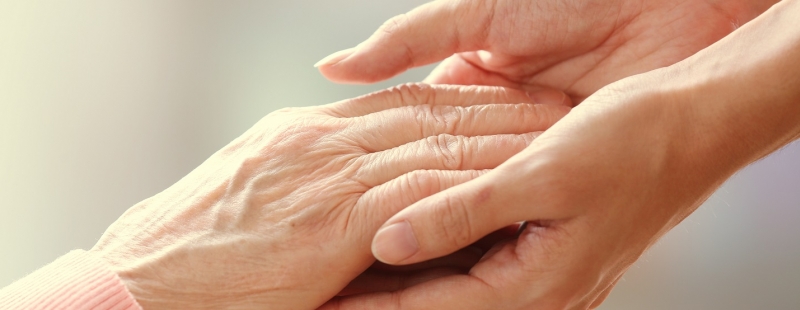It’s a hard life as an Attorney. Not only do you have to do all the running around for an incapacitated person, but you have to account for everything you have done, and sometimes you get criticised when you haven’t done anything wrong.
That is the view of 2 Attorneys who were administering the affairs of their parents and who were the subject of a recent article by Robert Mitchell’s – https://www.clapham-collinge.co.uk/news/attorneys-and-deputies-gratuitous-care-allowances-wheres-the-line
The Attorneys had paid each other (and a sister) £150 per month to cover expenses, gratuitous care and petrol for caring for their elderly parents, which enabled them to continue living at home for a fraction of the cost of employing commercial professionals. A laudable feat, in anyone’s view, given the Attorney’s will have balanced this with their busy lives and other commitments.
But the Attorneys had paid each other £150 per month in expenses, going on for quite a few years, and so the Office of the Public Guardian (the body which supervises registered Attorneys/Deputies) asked them to obtain retrospective approval of these payments from the Court of Protection. “We had no idea we had to apply to the Court of Protection for such decisions,” they told the Court, “We assumed such decisions were within our provenance”.
I warned Attorneys of exactly this problem one year ago – https://www.clapham-collinge.co.uk/news/court-of-protection-limits-iht-planning – when I advised any Attorneys making regular payments from the Donor’s income to seek approval (retrospective if necessary) from the Court of Protection, as the Court had made its stance clear on this in the case of Re PC (2014).
But is this involvement of the Court of Protection helpful or have they gone too far? Shouldn’t responsible Attorneys be able to determine whether modest payments to themselves for expenses or otherwise e.g. tax planning are sustainable and in the Donor’s best interests? The Attorneys in this case certainly thought so, and very much resented the involvement (and cost) of the Court of Protection.
The problem is no-one can ever know in advance whether an Attorney will cross over to the dark-side. It’s happened so many times that the Court hears daily examples of Attorneys it has described as “repugnant” and “unprofessional”. Most Attorneys accept the role with little or no instruction or awareness of the principles or Code of Practice of the Mental Capacity Act, and stumble blindly into making gifts, paying themselves money and inadvertently breach their fiduciary duties by exceeding their authority or putting themselves in a conflicted position with the Donor. They mean well, are blissfully unaware of their duties at paragraph 7.60 of the Mental Capacity Act Code of Practice, and so breach them.
The law isn’t sympathetic. Ignorantia juris non excusat (as we say conversationally in Latin around the office…..) i.e. ignorance of the law is not, and never has been an excuse. You would want your Attorney to know the law wouldn’t you? You would expect your Attorney to cast an eye over his/her obligations in the Mental Capacity Act? Read the Code at least? Before they step up, sell your house, move your investments and elect to pay themselves an allowance or give themselves gifts? Senior Judge Lush of the Court of Protection certainly thinks so….
At Clapham & Collinge we can make sure you are acting correctly as an Attorney or a Deputy and can give you the proper advice to protect yourself and the person you are acting for. If you have any concerns regarding how to manage someone’s affairs as an Attorney or Deputy, please contact Lin Whitehead directly on 01603 693572 or email lin@clapham-collinge.co.uk
Article and commentary by Lin Whitehead, Partner and Head of Private Client, Wills Trusts and Probate team.
For more information on Clapham & Collinge Court of Protection legal services please see our dedicated webpage following this link.
